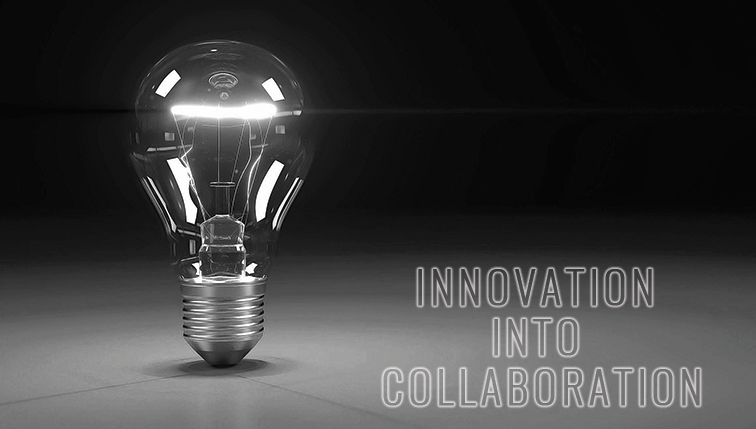Indian MedTech innovators churning out affordable technologies
January 14, 2016 | Thursday | News | By Rahul Koul Koul
Indian MedTech innovators churning out affordable technologies
India is fast becoming the hub of medical device innovations and one of the positive aspects is that the government has been highly supportive of the activities in this vertical.
Among the prominent names that serve as one of the examples of inclusive medical technology innovation in India is the Biodesign programme of the department of biotechnology (DBT). Under this initiative, several indigenous technologies have been developed to address unmet medical needs of India.
As an outcome, more than 100 innovators have been trained. Several national and international patents have been filed. About 30 prototypes have been developed. 9 start-up companies have been established by the Fellows and interns of this programme. 13 technologies have been licensed and 9 start-up companies launched. International collaborations have been established with Stanford University, USA; QUT, Australia; and Tottori University, Japan.
Biodesign programme is based on a novel approach of end-to-end process that begins with idea generation through clinical immersion up to commercialization by a multi-disciplinary team comprising a physician, engineer, product designer, and an entrepreneur. The aim is to develop simple, rapid, indigenous, low cost medical devices and implants by applying 4 components i.e. affordability, accessibility, availability and appropriateness.
Another example is Healthcare Technology Innovation Centre (HTIC) established at IIT-Madras that is delivering innovations and technologies that are reaching the field through government and industry partnerships, bringing benefits to lives and our society.
Biotechnology Industry Research Assistance Council (BIRAC) a public sector undertaking set-up by the department has supported nearly 300 Start-up's and SME"s and 150 young entrepreneurs for innovation, research and product development. The biotech startup scenario in India was transformed by BIRAC's flagship schemes- BIG, SBIRI, BIPP, CRS and SPARSH which have resulted more than 30 Products, 20 Technologies, 16 Early Stage-Technologies. 2 Process Innovations, 40 IP.
Nearly 100 Young Entrepreneurs have been supported for Med-Tech Innovation and more than 10 Med-Tech Products (devices and diagnostics) supported by BIRAC have been commercialized.
Some of the products commercialized or in the process of commercialization include:
a) Fecal Incontinence-a new standard of care for management of fecal incontinence;
b) Cardio Pulmonary Resuscitation Device-an integrated automated resuscitation system usable in resource constrained environment;
c) BioScoop-a soft tissue biopsy device for concurrent biopsy and hemostasis;
d) HiCare LIMO:a simple, disposable and cost effective device which temporarily immobilizes the lower limbs of the patients;
e) Intraosseous device-an alternative to intravenous (IV) in emergency patients;
f) AINA device-to measure blood glucose, HbA1C, lipids, Creatinine and Haemoglobin;
g) Maxico for tumor ablation-device for execution procedure for tumor ablation;
h) POC diagnostic for Malaria, Dengue & Typhoid;
i) Fibroheal-a device for burn wound management.
New Products launched by the department of biotechnology (DBT)
Name of the Product Description
Consure A new standard of care for the short term management of fecal incontinence.
Intraosseous Device To gain quick access to circulation in clinical emergencies.
LIMO A better way to temporarily immobilize injured lower limbs in trauma patients before they receive definitive care.
Sohum A novel device to screen newborns for helping loss in resource poor settings to provide timely intervention and prevent speech loss.
Neobreathe A way to empower front line health workers to resuscitate newborns effectively.
Transfer life A simpler way to transfer non ambulatory patients from one bed to another.
Noxeno An easier way to remove anterior foreign body from the nose without the need for general anesthesia in a primary care setting.
Bioscoop A safer and simple way to perform percutaneous liver biopsy for definitive diagnosis.
Hansure Simplifying hand hygiene in hospitals with improved accessibility and functionality.
Uthishtami An uplift device to help elderly rise independently from a sitting position.
Accufeed An accurate way to insert nasogastric tube in patients with neurological dysphagia.
Thorashield A safer way to perform pleural tapping in patients with pleural effusion in order to reduce the complications during the procedure.
Saakar kit An efficient way to distribute medications to patients in the resource constrained settings in order to minimize mismanagement of medication.
D.Rx A mobile application to quickly reference names, dosages and prices of drugs sold in India.
Brun A way to assess fetal wellbeing labour in resource constrained settings to reduce intrapartum stillbirths and neonatal deaths.
pleuraGoh A way to secure intercostal drain in tube thoracostomy patients in order to prevent iatrogenic recurrent pneumothorax.
Flexicast A way to immobilize the fractured limb with a uniform distribution of pressure and aeration in order to prevent skin ulcers and skin discomfort during the cast.
Spinaflex A method to reduce stress on the back in dentist during dental procedures in order to lessen the risk of work related musculoskeletal disorders.
Sphinx A novel ostomy appliance that empowers the user by providing better control over their bowel evacuation.
Call Ambulance A mobile based solution to connect to emergency medical services in the fastest possible manner in India.
Chest Compression Device An effective and consistent way to deliver chest compressions to sudden cardiac arrest (SCA) victims.
Source: Department of Biotechnology









